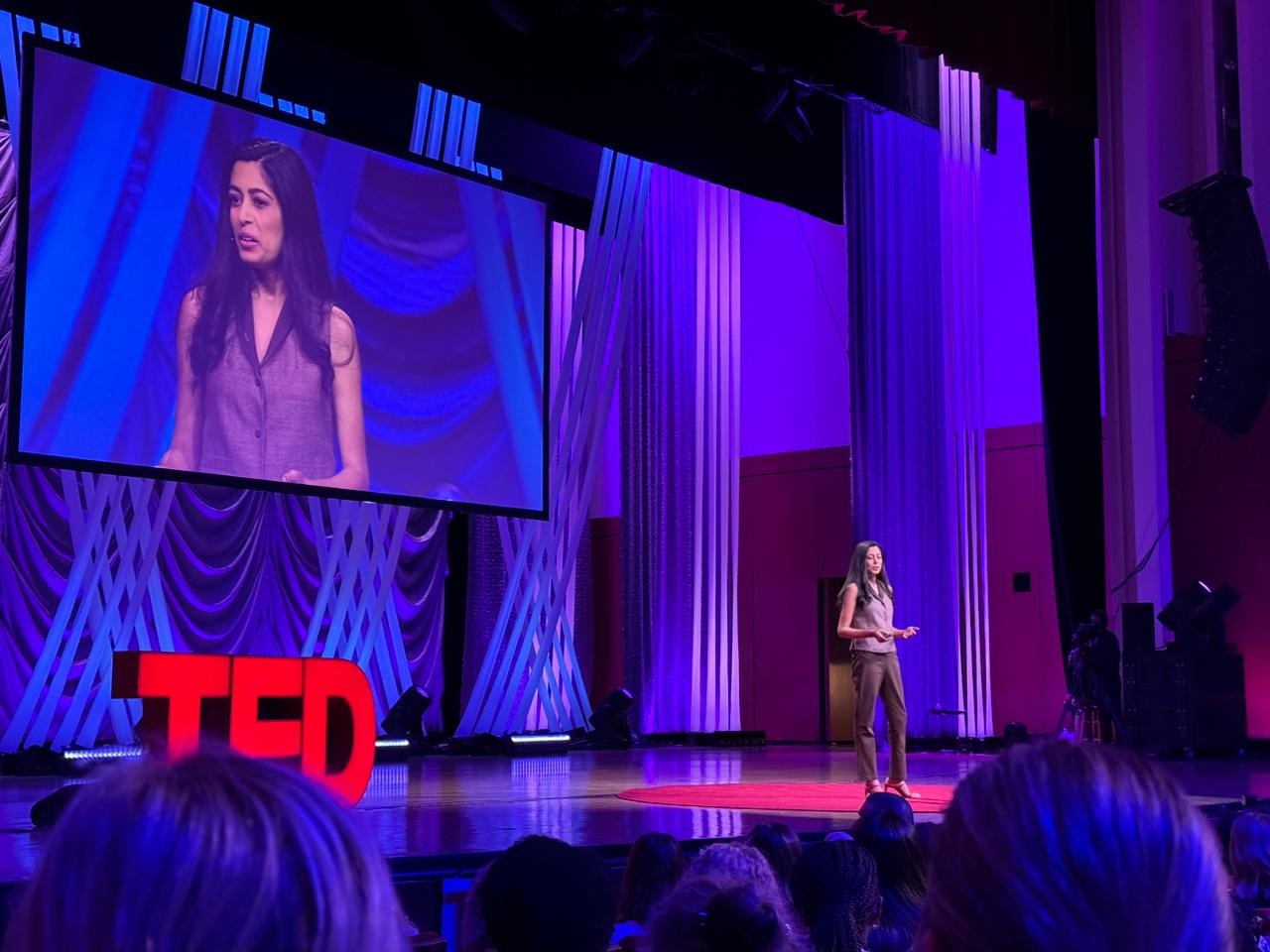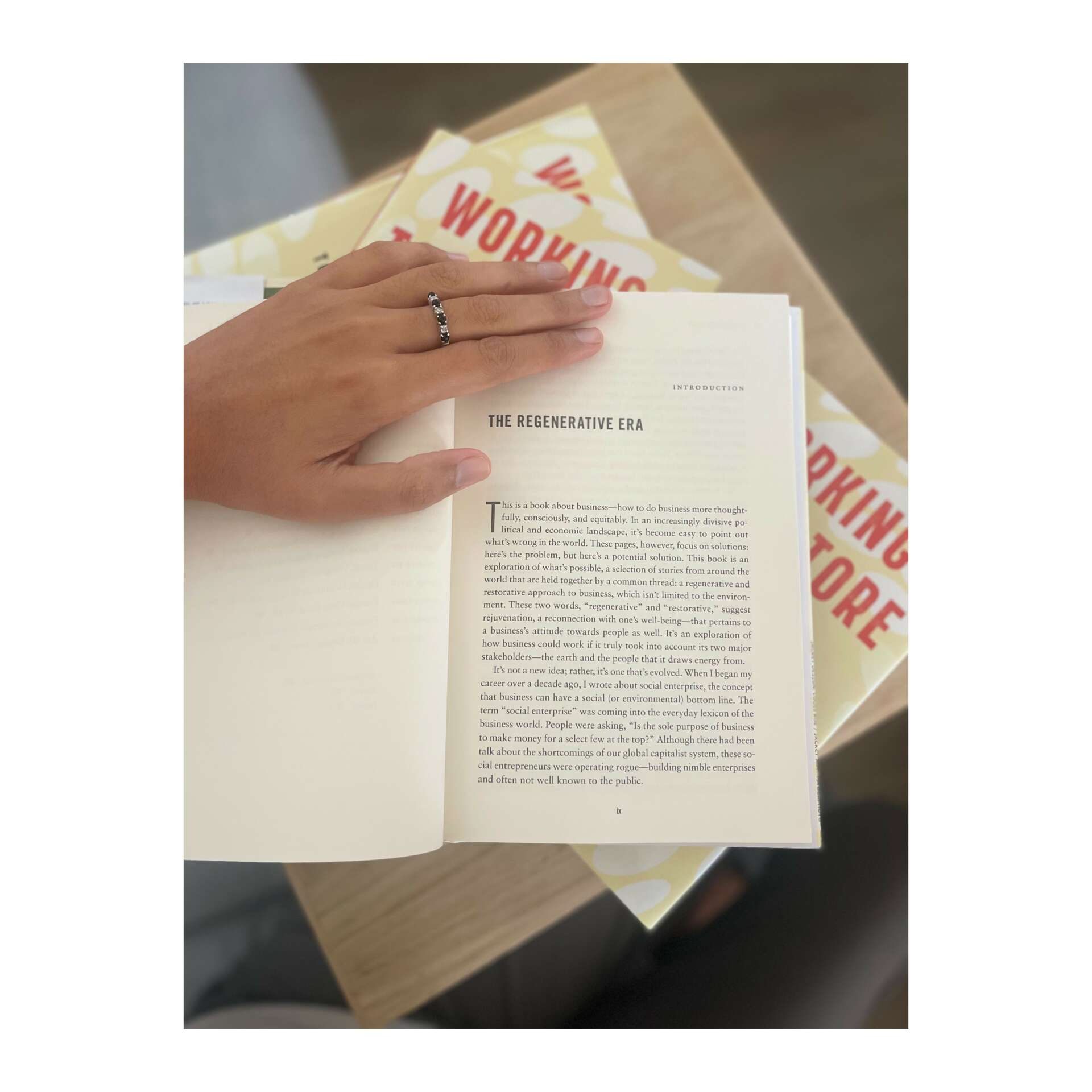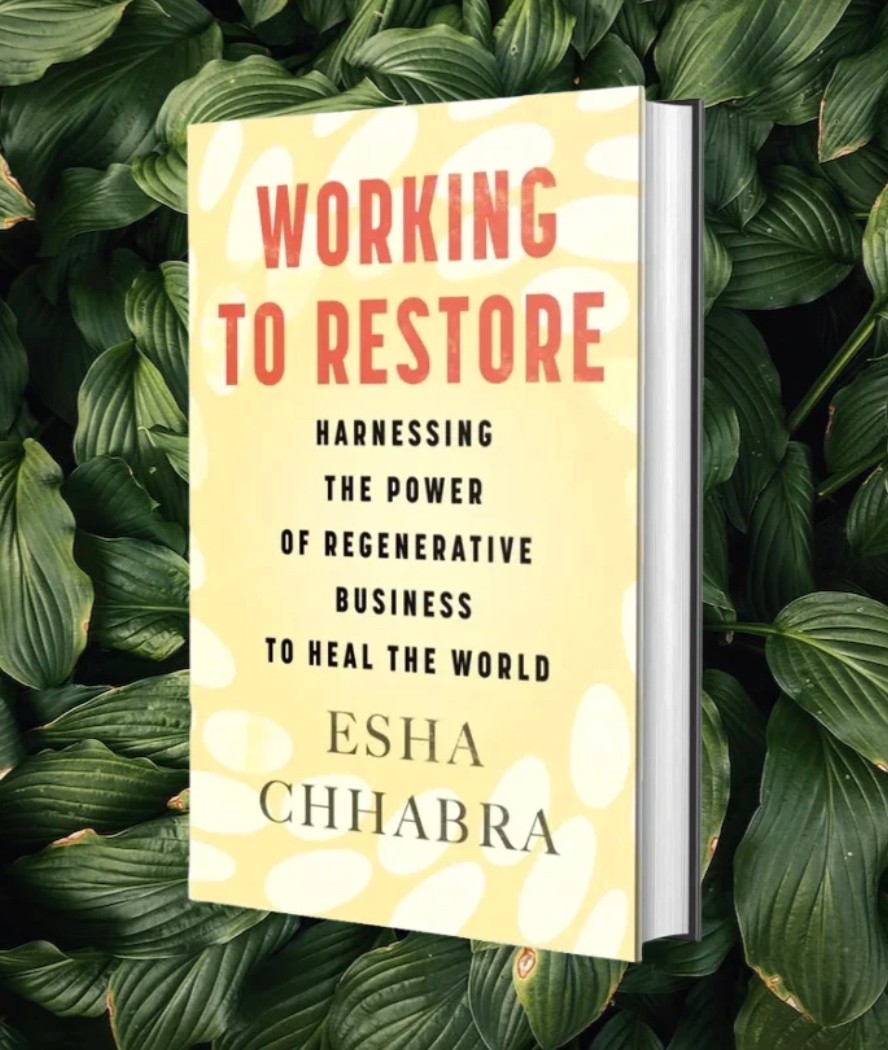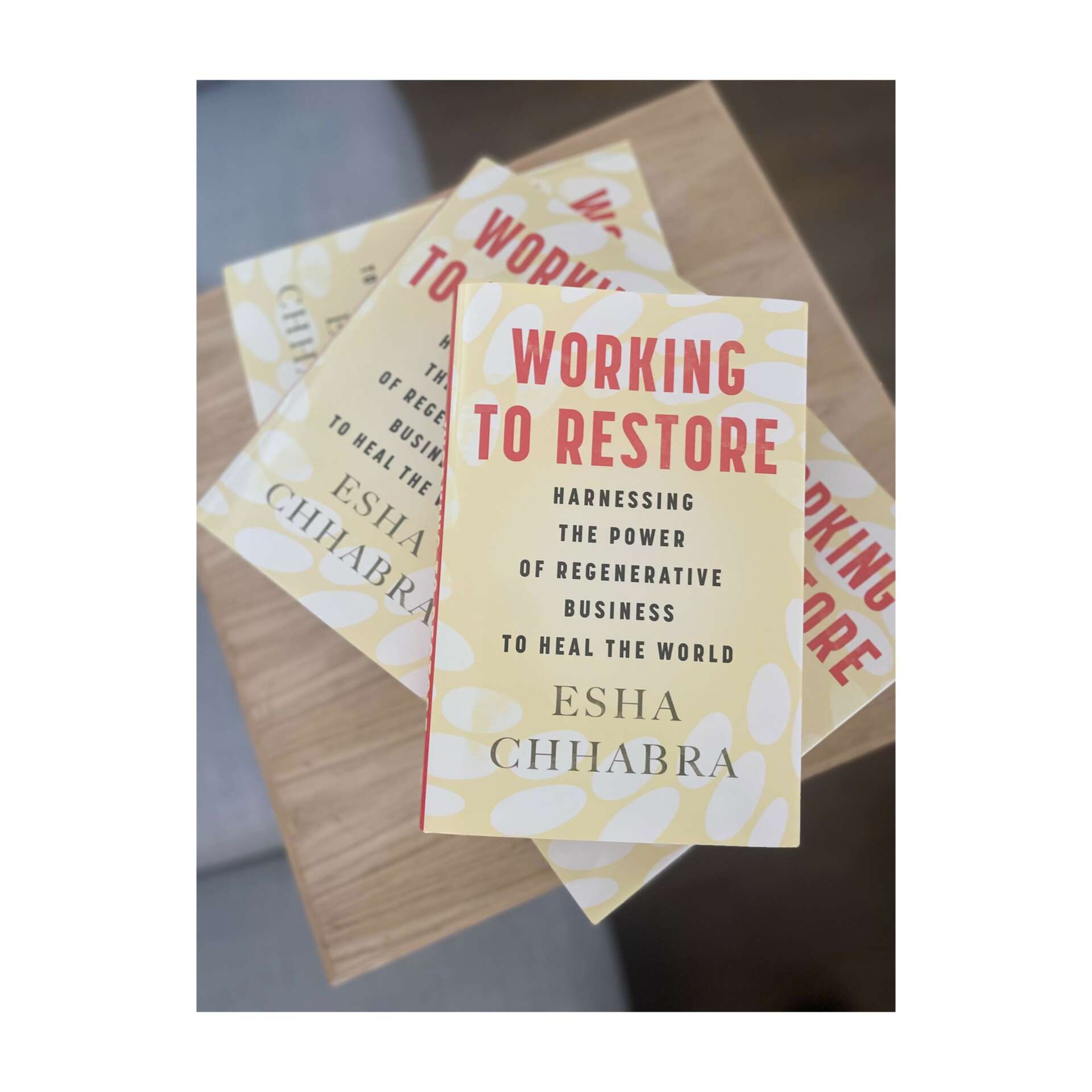We were lucky to catch up with Esha Chhabra recently and have shared our conversation below.
Esha, thanks for taking the time to share your stories with us today Let’s jump right into how you came up with the idea?
I’ve been working as a writer and journalist for the past 15 years, covering the intersection of business, environment, and social impact.
When I graduated from college, there were few journalists focused on solutions. And yet, many people were frustrated by the media and the news channels for just focusing on problems. I’d routinely hear from folks that they felt overwhelmed, saddened, and depressed by the news because it primarily covered all the things going wrong in society or in the world.
Meanwhile, I had discovered stories of a new breed of entrepreneurs, referred to as social entrepreneurs, who were thinking out of the box and trying adapt the framework of business to solving environmental and social challenges. They’d built businesses that were tackling healthcare, finance, energy, and more for those from lower income neighborhoods and marginalized communities. I was interested and intrigued by this movement. So I started writing about it and pitching it to the world’s publications. To my joy, editors were open to these stories. And thus, I built a freelance career, focused on changemakers.


Great, appreciate you sharing that with us. Before we ask you to share more of your insights, can you take a moment to introduce yourself and how you got to where you are today to our readers.
For the last 15 years, I’ve written articles for the New York Times, Forbes, Economist, Guardian, and more on the intersection of business, the environment, and social impact.
This has allowed me to travel, visit supply chains in person, learn about new business models that are going beyond pure profit. These businesses are looking at how their companies can create wealth not just for the few at the top but for all the other dozens (or hundreds) of people that they work with. What started as social entrepreneurship and corporate social responsibility has involved into a more mainstream movement of mission-driven companies and B Corps. I’m interested to see if these companies can truly redefine capitalism for the coming decades.
In 2023, I published my first book, Working to Restore, which looks at companies in fashion, food, finance, health, energy, and more who are advocating for a regenerative business model — one with layers upon layers of impact. It’s not about surface-level sustainability, or greenwashing. It’s about getting down and doing the work.



Is there a particular goal or mission driving your creative journey?
I’m really interested in this fundamental question of how do we redefine business so that it’s a profitable venture but does more harm than good.
In the book, I explore examples of businesses that employ a variety of techniques to bring more equity to business: be it employee-owned, hiring people from marginalized communities or those who had been incarcerated, forgoing marketing budgets to invest more in the people who make their supply chains work (farmers, growers, artisans, traders, factory workers), and creating structures in supply chains for women to climb the ranks (particularly in region and industries were women have had few opportunities).
While large global corporates are unlikely to be able to pursue this path (due to their financial structure), small to medium size companies can definitely do so. And that ripple effect of that can be quite impactful in society.
I want to tell more stories of businesses exploring these “non-traditional” paths and share their stories. They don’t have all the answers, and are far from perfect, but I do appreciate that they’re willing to try!
Let’s talk about resilience next – do you have a story you can share with us?
I’m a first generation immigrant. My parents moved to the US in the early 1990s (and I was a wee little one). We went through usual struggles of immigrants: building a business, a new life, figuring out finances, trying to make ends meet at times, learning a new culture. It was watching their struggles, and their hard work that taught me to be tenacious. When you’ve been through that experience, the only way to go is up — truly.
College, I knew, would be expensive, particularly a four-year university. I started working from a young age to help cover the costs, applied for scholarships, fellowships. I just focused on the goal at hand and didn’t get distracted by what was happening around me. I was in my own race.
That kind of focus and tenacity has helped me in life. You cannot take each “no” personally, nor can you let it be a roadblock to your goals and dreams. If you want something, you have to keep trying, and not get deterred by failures.
When I started writing, and sending out pitches to publications, there would be rejection regularly. But then you’d come across a kind editor, a receptive ear, or someone that was open to doing things differently. You have to keep moving forward, keep trying, and most of all, maintain your humility. Arrogance is a real turn off. I recently opened LinkedIn, and saw a post by a founder of a mission-driven brand who said, please, “No more assholes.” No one wants to deal with that. But there are ways to be polite, kind, and still tenacious. Keep striving with gentle nudges. And know what matters in the long run.
Contact Info:
- Website: www.eshachhabra.com
- Instagram: @eshatravels
- Linkedin: https://www.linkedin.com/in/eshac/
- Twitter: https://twitter.com/esh2440
- Other: https://www.penguinrandomhouse.com/books/717409/working-to-restore-by-esha-chhabra/
Image Credits
Esha Chhabra


